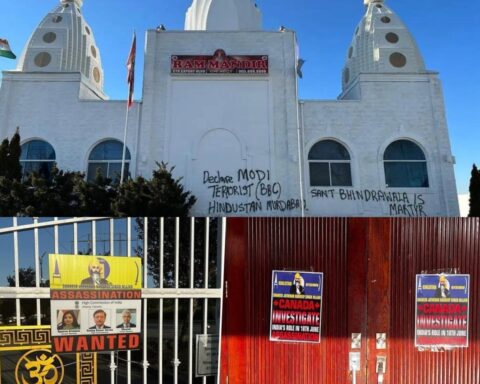Event sponsorship management, especially the evaluation and selection process, could be a time consuming task and a headache for many marketing managers. On top of that, the activation and measurement of the sponsorship, especially the ethnic ones, are also very challenging. I have been sitting on both sides of the fence and learned lots of lessons. 15 years later, with many sponsorship proposals coming through my inbox again, I could not help but wonder: are we getting too happy, too comfortable, and lazy with the status quo? Is it time to rethink the meaning of sponsorship?
Cultural events such as Chinese New Year, Diwali, Eid, Vaisakhi, are obvious and easy candidates for ethnic event sponsorship. Certain communities celebrate these special times with or without a major community event. There is also no need to explain or communicate the importance of these cultural events to marketers. The target market and measurement of the outcome are also obvious: attendee numbers plus the media coverage/ impressions.
It is a certain group of people speaking certain language gathering at a particular location. I have no doubt many sponsorship managers would feel like Santa Claus, offering gifts to the community, while watching them sing and dance in a language not in English nor French, and smiling with content. Ethnic event sponsorship checked and accomplished. Next!
The celebratory events (or events that are not rooted in a cultural occasion), such as the Caribbean Festival, Bhangra Festival, and Taiwanfest, are a little bit trickier. With the growing popularity and attendee numbers from diverse backgrounds, some may argue that these events are no longer in the “ethnic event” category; they are “mainstream” events.
Sponsorship, like a marriage, is about finding the right fit.
For a sponsorship manager, on top of the corporate guidelines, there are many factors to consider and to balance. It is a thin line many sponsorship managers would rather not to walk.
Why venture into uncharted territories with unknown risks? How are we going to activate the event sponsorship effectively? How are we going to handle the multi-lingual signage? Are we going to support the sponsorship with media and PR efforts? How are we going to define and measure the event KPIs?
Sponsorship, like a marriage, is about finding the right fit. Some, no doubt, prefer the old-fashion marriage – if it’s working, let’s just continue doing what we always do. Some may prefer experimenting in order to bringing something new to the partnership, but it is risky and often results in failure. So why bother to change?
Change is the only constant in life. Charlie Wu of Taiwanfest said:
Change is the most important ingredient to advance diversity. Keeping the status quo is what’s aiding the ghetto-ization of the community.
I always believe one of the main objectives of a cultural event should be sharing our unique culture and create a dialogue with other cultural groups. The irony is, if sponsors still measure the success of a cultural event based on how many people speaking a certain language they have reached, in keeping the status quo, the sponsorship may do more harm than good for an event’s growth.
I am very lucky to live in Vancouver, where diversity is a reality, with creativity and innovation valued and encouraged. Diversity is about sharing, about cultivation of the new experience. I prefer to see cultural event sponsorship as a mutual mentor-mentee relationship – give and take, learn from each other. The bottom line is about building a successful partnership.
Iris is an accomplished marketing and business development specialist and award-winning writer with particular strength in cross-cultural communications and public relations.
This piece was originally published on the Hamazaki Wong blog and is being re-published with permission from the author.





